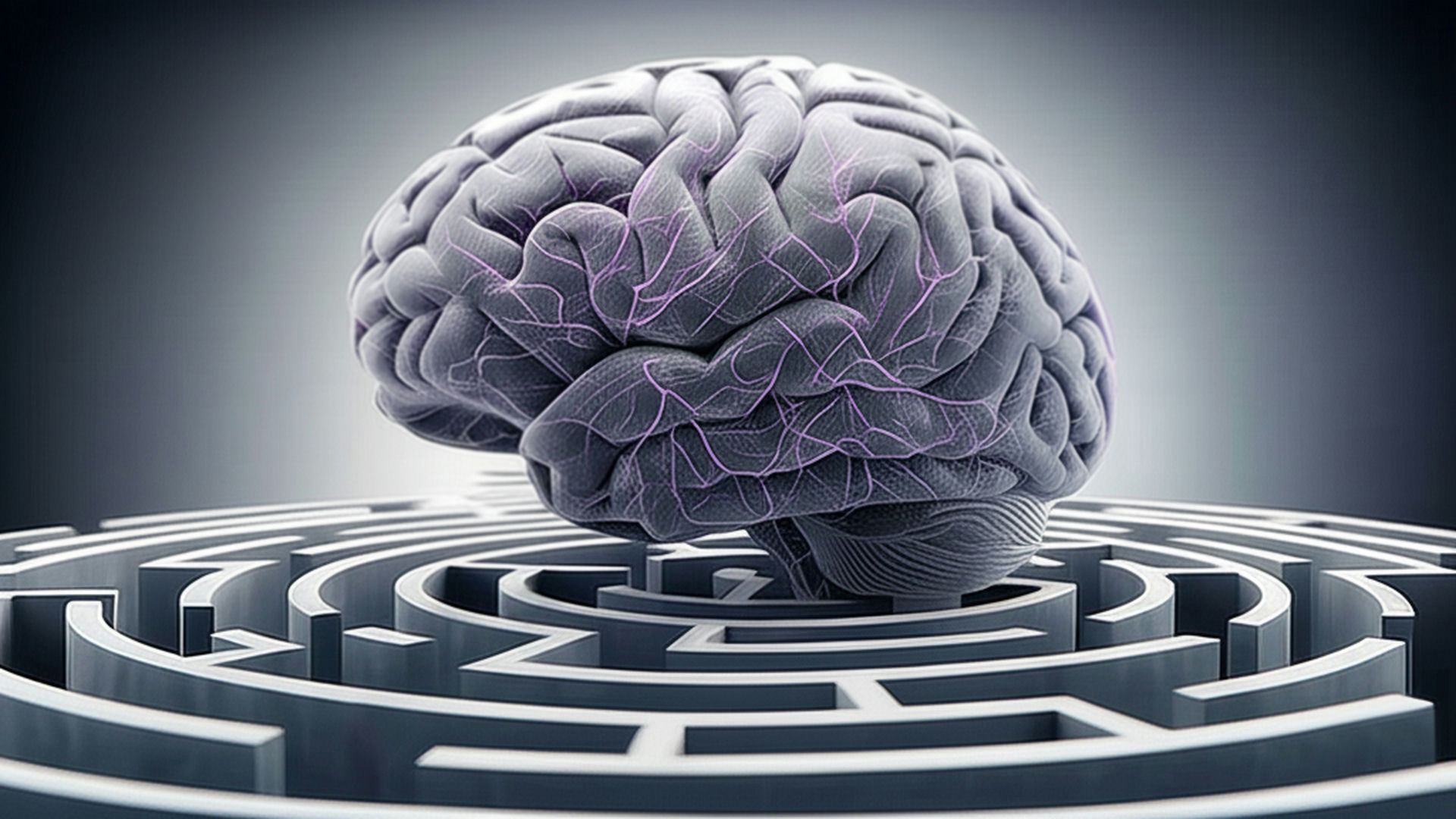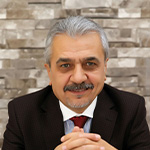
Most Frequently Asked Questions About Epilepsy
Epilepsy is a treatable condition, either with medication or surgery, and in most patients (65–70%), seizures can be controlled with a single drug. A person with epilepsy can live an active and successful life with proper medication.
What is Epilepsy?
An epileptic seizure is a condition caused by sudden, excessive, and uncontrolled discharges of brain cells. Simply put, an epileptic seizure is due to a temporary malfunction in brain function. The brain, composed of around 100 billion cells, is like the main control center of the human body. Coordinated communication between brain cells is carried out via electrical signals. A seizure can be thought of as an unexpected electrical discharge. In short, an epileptic seizure is a brief and temporary functional disturbance caused by a strong and sudden electrical discharge in the brain.
How Common is Epilepsy?
Epilepsy is a condition that can occur in every part of the world, in both men and women, across all races, and affects about 2–3 out of every 100 people.
What Causes Epilepsy?
In about half of the patients, no specific cause can be identified. In others, causes may include brain development issues during pregnancy, complications during birth, brain hemorrhages or vascular blockages, meningitis, brain infections, tumors, poisoning, brain damage due to heart or respiratory arrest, or serious head trauma.
If the cause of the seizure is not a tumor or another underlying disease, epilepsy usually does not progress and may even become less frequent with age.
How Long Does an Epileptic Seizure Last?
Although seizures often feel much longer, epileptic seizures usually last 1–3 minutes, after which the convulsions stop and patients gradually regain their normal pre-seizure state.
What are the Types of Epileptic Seizures?
Epileptic seizures can occur in different forms.
Seizures may appear as major (generalized tonic-clonic, also known as grand mal, characterized by convulsions and jerking) or minor (partial seizures, which can involve muscle contractions limited to the face, arm, or leg [simple partial], or episodes of staring, meaningless speech, mouth and hand movements, or purposeless behavior [complex partial]).
Additionally, there may be brief seizures (lasting 5–20 seconds) without convulsions, known as absence seizures, which involve a fixed stare and unresponsiveness, sometimes accompanied by blinking. There can also be myoclonic seizures, especially occurring in the morning after waking up, characterized by sudden jerking or twitching movements in the arms.
Can People with Epilepsy Marry and Have Children?
Yes, individuals with epilepsy can marry and have children. Around 90% of women with epilepsy can give birth to healthy babies. However, women should consult their doctor before pregnancy. Because epilepsy medications can affect the baby, the type and dosage of medication should be adjusted by a physician based on the seizure type and condition.
Is Epilepsy a Treatable Disease?
Epilepsy is a treatable condition, either with medication or surgery. In most patients (65–70%), seizures can be controlled with a single medication. Patients with epilepsy can live active and successful lives with proper treatment. Medications should be prescribed by a specialist according to the patient’s age, physical condition, and seizure type. Improper use can fail to prevent seizures and may cause unwanted side effects.
When Does Epilepsy Treatment End?
If seizures do not occur for several years (typically 2–4 years depending on the individual), doctors may attempt to gradually reduce and stop the medication. However, about one-fourth of patients may experience recurrence. If seizures do not return, treatment can be ended. If they do, treatment resumes. Discontinuation of medication should only be decided by the supervising doctor.
What Should Be Done When Someone Has an Epileptic Seizure?
- Stay calm and turn the person’s head and body to the side.
- Prevent injury during the seizure (e.g., protect the head from hitting hard surfaces, keep away sharp or dangerous objects).
- Loosen tight clothing around the neck (e.g., tie or scarf).
- After the seizure, if the person shows unconscious movements, prevent harm gently.
- Observe the seizure duration and actions, and report them to a doctor.
- Wait for the seizure to end and stay with the person until they recover.
- Contact your doctor if possible.
What Should Not Be Done During an Epileptic Seizure?
- Don’t panic or agitate the person.
- Don’t forcibly restrain the person or their movements.
- Don’t perform artificial respiration or heart massage.
- Don’t try to open their mouth or insert anything during convulsions.
- Don’t attempt to give medication by mouth during the seizure.
- Don’t use folk remedies like onion, garlic, or cologne to stimulate the patient.
- Don’t pour cold water, slap, or cause pain—these actions are not helpful.

